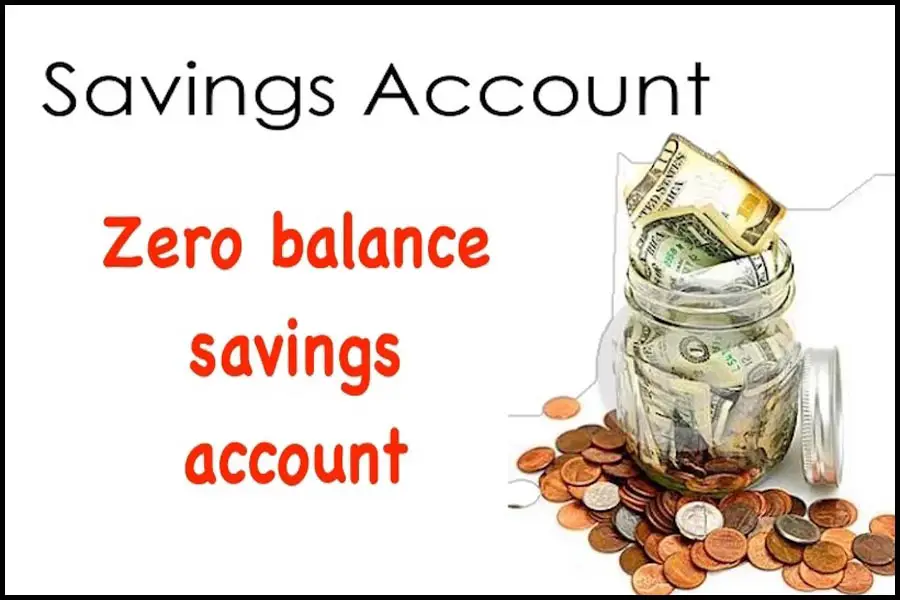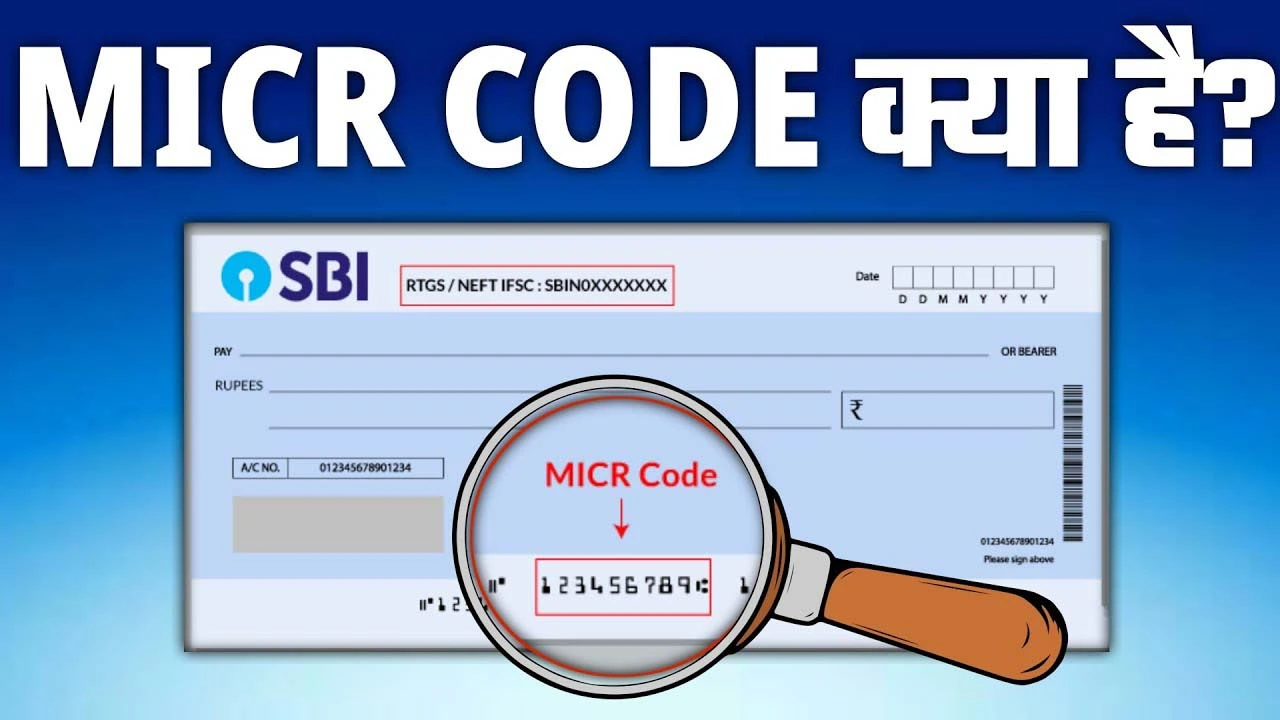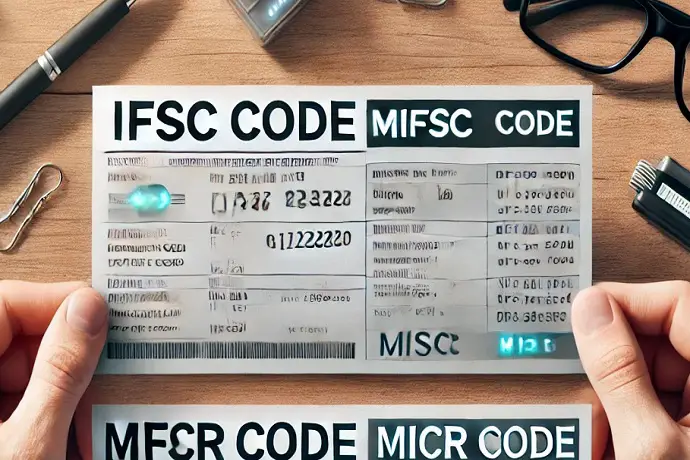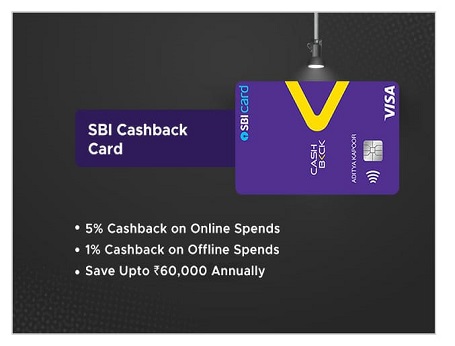
The Importance of Savings Bank Accounts for Indian Citizens
In today's fast-paced world, having a savings bank account is no longer considered a luxury but a necessity. For Indian citizens, this financial tool is an essential part of managing their finances, achieving financial stability, and securing their future. In this article, we will explore why an Indian citizen needs a savings bank account and its importance in the context of India's unique economic landscape.
- Financial Inclusion
One of the primary reasons why a savings bank account is crucial for Indian citizens is to promote financial inclusion. India is a diverse nation with a significant portion of its population residing in rural areas. Many people in these regions lack access to formal banking services. A savings bank account serves as a crucial step towards including these individuals in the formal financial system, making it easier for them to save and access credit, insurance, and other financial services.
- Safe and Convenient Savings
A savings bank account provides a safe and secure place to store one's hard-earned money. It eliminates the need to keep large amounts of cash at home, which can be risky due to theft or other unforeseen events. Depositing money in a savings account ensures that it is protected, and one can access it at any time through various banking channels such as ATMs, online banking, and mobile banking.
- Interest Earnings
Savings bank accounts offer the advantage of earning interest on the deposited funds. While the interest rates on these accounts may not be as high as other investment options, they are a safe and risk-free way to grow one's savings over time. Indian citizens can enjoy the dual benefit of liquidity and some return on their savings, which is especially valuable for short-term financial goals.
- Emergency Fund
In a country like India, where unforeseen medical expenses, educational costs, or emergencies can arise at any moment, having a savings bank account is crucial. It provides a financial cushion for unexpected events, allowing individuals to tap into their savings quickly when needed. An emergency fund in a savings account can help Indian citizens weather financial storms without resorting to expensive loans or financial stress.
Government Schemes and Subsidies :
Savings bank accounts are often a prerequisite for availing government subsidies, welfare schemes, and direct benefit transfers. The Government of India has initiated several programs like Pradhan Mantri Jan Dhan Yojana, Pradhan Mantri Kisan Samman Nidhi, and Pradhan Mantri Shram Yogi Maandhan, which require beneficiaries to have a savings account. By holding a savings account, citizens can benefit from these schemes and ensure they receive their entitled benefits directly into their accounts.
- Building Credit History
A savings bank account is the first step toward building a credit history. In India, a good credit score is crucial for obtaining loans and credit cards with favorable terms. Lenders use an individual's banking history to assess their creditworthiness. By responsibly managing their savings account, Indian citizens can establish a positive credit history, which is essential for future financial endeavors.
- Online Transactions and Digital Payments
The digitization of the Indian economy has made a savings bank account even more important. It serves as the foundation for participating in the digital payment ecosystem, enabling individuals to make online transactions, pay bills, shop online, and transfer money to family and friends conveniently.
In a country as diverse and dynamic as India, having a savings bank account is not just a financial choice but a necessity for every citizen. It promotes financial inclusion, safeguards one's money, and provides a platform for earning interest and building a credit history. Additionally, a savings bank account ensures that Indian citizens can access government schemes and subsidies while being a part of the growing digital economy. By understanding the importance of this financial tool, Indian citizens can take a significant step toward securing their financial future and achieving economic stability.
What documents are required to open an account?
The specific documents required to open a bank account can vary depending on the type of account you're opening, the bank you choose, and the country's banking regulations. In the context of India, which is a common request, here are the typical documents and information you'll need to open a savings bank account:
Identity Proof: You will need to provide a government-issued photo identity document. Commonly accepted proofs include:
- Aadhaar Card
- Passport
- Voter ID Card
- Driving License
- PAN (Permanent Account Number) card
- NREGA job card with a photo
Address Proof: To verify your address, you can submit documents like:
- Passport
- Aadhaar Card
- Voter ID Card
- Utility bills (electricity, water, gas) in your name
- Rent agreement
- Bank statement or passbook from another bank
Passport Size Photographs: Usually, two passport-size photographs are required for the account opening application.
PAN Card: A PAN card is often required to track your financial transactions and for tax purposes. If you don't have one, you may need to provide a Form 60 or Form 61.
Duly Filled Account Opening Form: You'll need to complete the bank's account opening form, providing all the required information and your signature.
Initial Deposit: Some banks may require an initial deposit to activate the account. The amount varies depending on the bank and the type of account you're opening.
Introduction: In some cases, especially for cooperative or regional rural banks, you may require an introduction from an existing account holder in the same bank.
Other Documents: Depending on the bank and specific requirements, there may be additional documents or forms to fill out. For instance, if you're opening a joint account, the co-applicant's documents may be necessary.
It's essential to check with the specific bank you plan to open an account with regarding their requirements, as they can vary slightly. Some banks may also offer online or mobile app-based account openings, which might have different documentation requirements and processes.
Keep in mind that India has seen a significant push towards digital banking and the integration of the Aadhaar system, making it easier to open accounts and access banking services, especially for residents with valid Aadhaar cards.
Open Zero Balance Saving Account:
Kotak 811 Zero Balance Savings Account - Click Here
Indus Digital Savings Account - Click Here
AU Digital Savings A/c - Click Here
Axis Bank Savings Account - Click Here
Yes Bank Savings Account - Click Here












